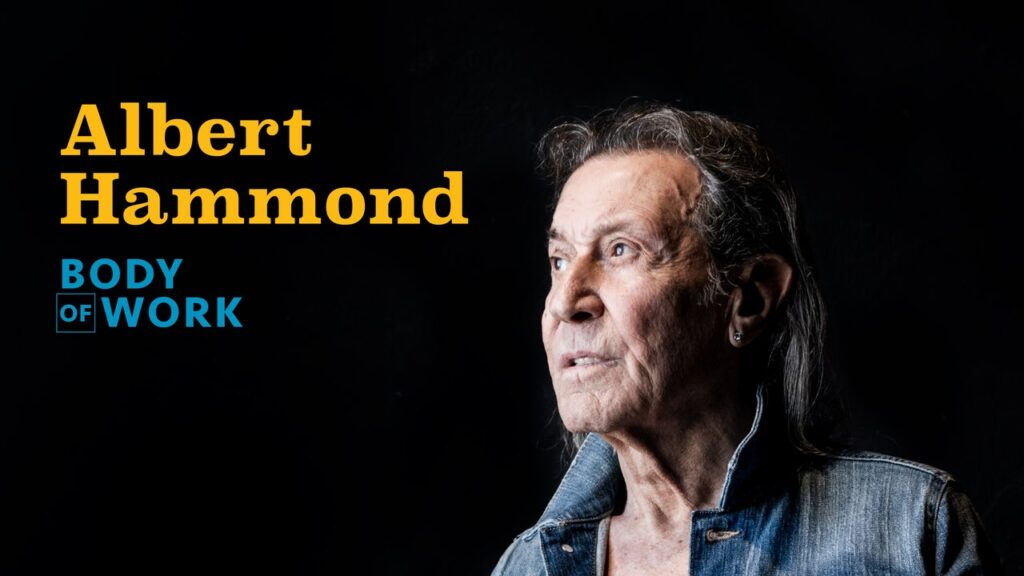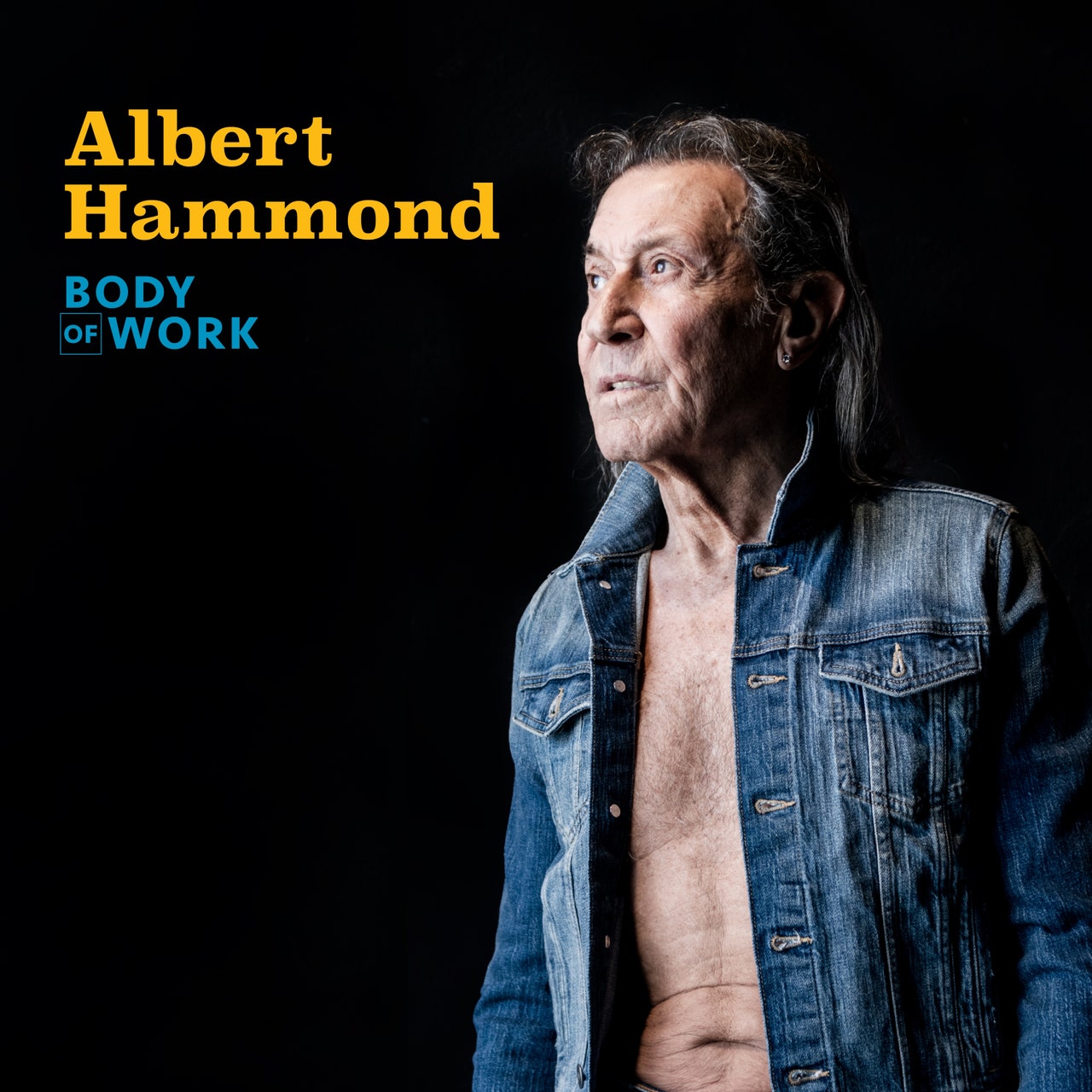“Sure issues get clearer/Within the rearview replicate,” sings Albert Hammond on “Taking a look Again,” a music deep into Frame of Paintings, the primary album of unique subject matter the veteran singer-songwriter has launched in 18 years. A hitmaker who ceded the highlight to his songs, Hammond constructed a catalog that might maintain a profession with out a want for brand new tunes. Save in all probability for “It By no means Rains in Southern California,” a satiny damage from 1972 that used to be his simplest unmarried to go into the Billboard Best Ten, all of Hammond’s tunes are very best referred to as renditions via different artists. The Hollies became “The Air That I Breathe” right into a soft-rock perennial, Leo Sayer introduced the ballad “Once I Want” You” to the highest of the charts in each the United Kingdom and U.S., and Whitney Houston selected “One Second in Time” as her contribution to the 1988 Summer time Olympics. The important thing name in Hammond’s catalog is “To The entire Women I’ve Cherished Earlier than,” a collaboration with lyricist Hal David that become a world blockbuster when lined via Julio Iglesias and Willie Nelson in 1984. With one foot planted firmly in American corn and the opposite in cloying Continental sophistication, Iglesias and Nelson printed Hammond’s clutch of the global language of schmaltz: His heightened sentimentality is aware of no borders.
Hammond is intentionally having a look outward on Frame of Paintings. He recorded the album in Nashville and Berlin, then reunited along with his previous songwriting spouse John Bettis—who co-wrote “One Second in Time” with him—to assist him end a surplus of concepts he advanced all the way through a in particular tumultuous time in his existence. Within the years main as much as the album, Hammond divorced his spouse and struggled with vocal atrophy attributable to an immune illness. He responds to these trials via confronting the clamor of the fashionable global—albeit during the prism of a showbiz lifer who feels at house surrounded via high-end recording equipment.
Stress-free into the relief of studio craft, Hammond dabbles in numerous types, hanging a notice of insistent defiance with the sector rock of “Don’t Hassle Me Babe” and depending upon his adult-contemporary talents for “Anyone’s Kid”; he counters the ones unabashedly industrial performs with such mild love tunes as “Bella Blue” and “Younger Llewelyn,” whose narrative balladeering hearkens again to Hammond’s folks roots. An ready, old-school professionalism flattens those shifts in tone and course, serving to the album go with the flow unperturbed from one music to every other. What cuts during the gloss are lyrical barbs, with Hammond taking potshots at “social dependancy” and “Chinese language telephones” in complete Boomer-yells-at-cloud mode; the cynicism of “The American Flag,” with its swipes at “the cash agents” and “the media… simply propaganda clowns,” is extra Roger Waters than Woody Guthrie.
Regardless of those once in a while acid undertones, Frame of Paintings veers against hopefulness, conveying a sunny disposition in its unrepentant slickness and providing a few welcome detours from its intentionally stylish comfortable rock. “Like They Do Around the River” bops to a reconstituted Bo Diddley beat; the Beatlesque soar of “Gonna Be Alright” is punctuated via an exhortation to “Fuck all night time/Fuck all day”; “Taking a look Again” is incongruously draped in neon vaporwave trappings; and the acoustic blues of “Good-bye LA” ends the court cases on an hastily ramshackle notice, hotter and looser than its predecessors. Those lighthearted departures give Frame of Paintings a wanted pulse and in addition disclose the sense of anonymity inherent in Hammond’s universality; as an alternative of sounding at house all over, it’s apparently rootless.
All merchandise featured on Pitchfork are independently decided on via our editors. Alternatively, whilst you purchase one thing via our retail hyperlinks, we would possibly earn an associate fee.



